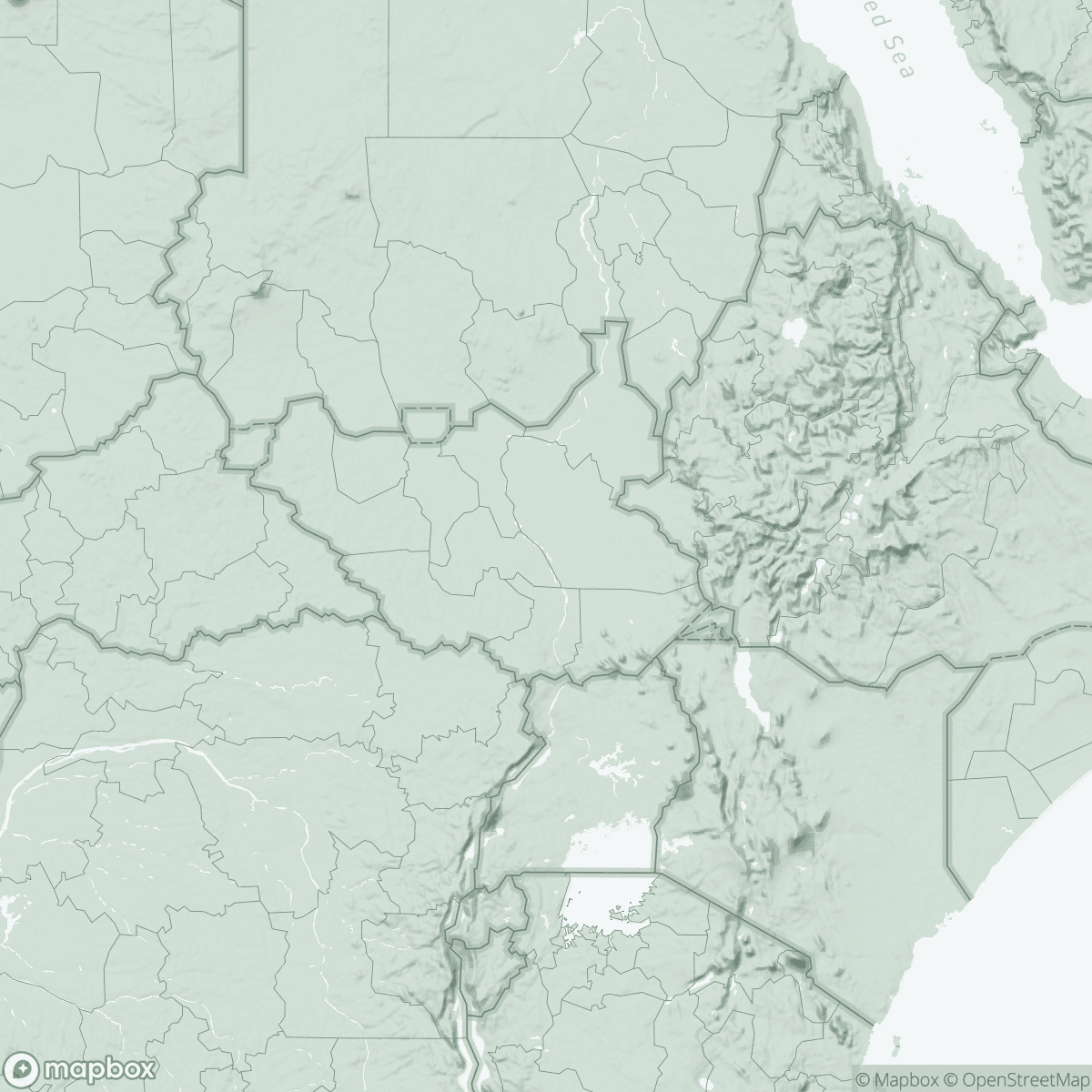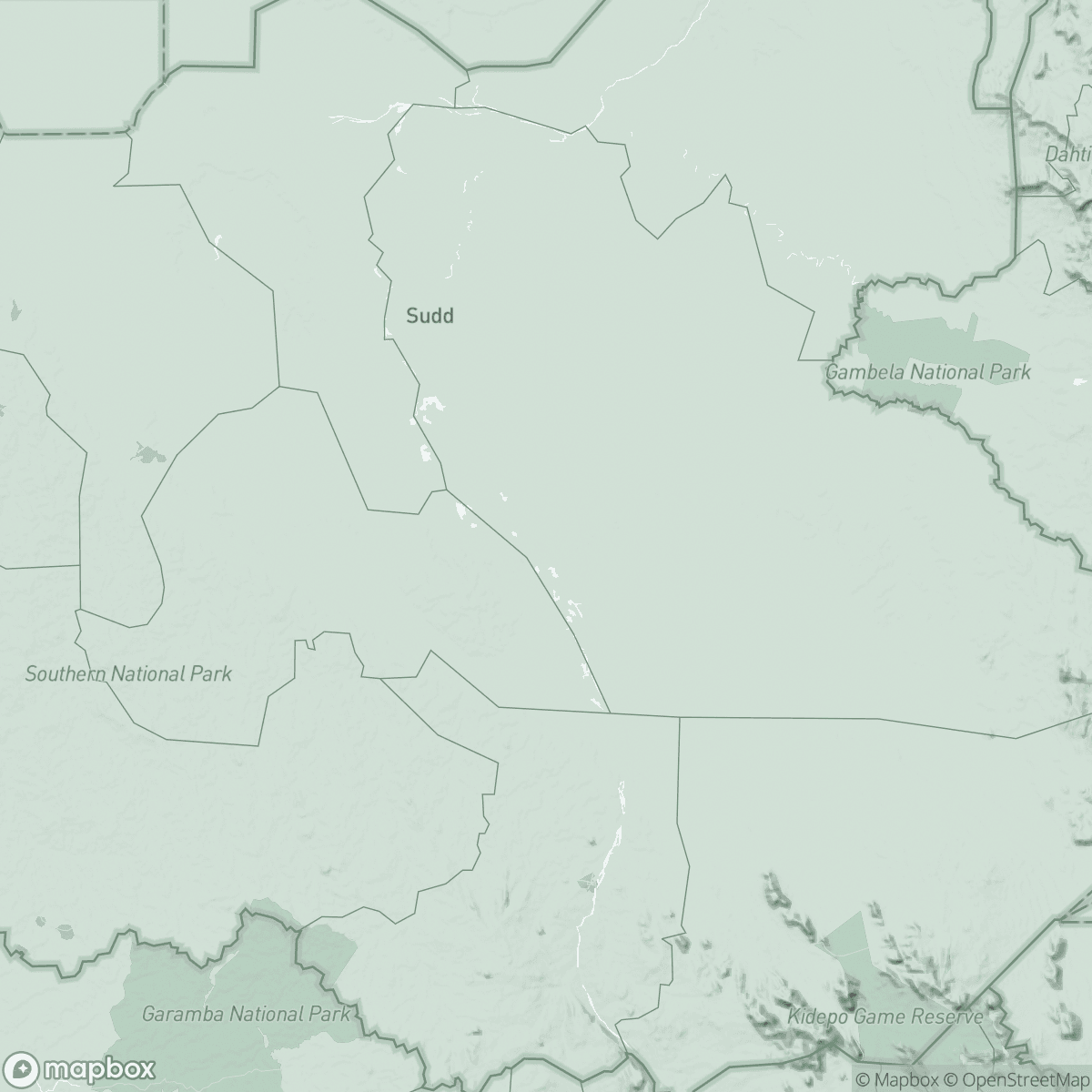
South Sudan flooding crisis: Third year of severe floods leaves nearly 800,000 people struggling
In 1 click, help us spread this information :
Some of the worst floods to hit South Sudan in decades has affected almost 800,000 people, according to OCHA. People’s homes and livelihoods (crops and cattle), as well as health facilities, schools, and markets, are submerged by floodwaters. Hundreds of thousands of people have been displaced, and already existing displacement camps are at risk of being completely flooded, leading to even further displacement.
The floods have further impacted many of the 11 million people in the country who are already in dire need of humanitarian assistance. Following the newest floods, people need immediate assistance with medical care, food, and safe water, and non-food items such as shelter, mosquito nets and cooking pots.
Access, which is a challenge all year round in South Sudan, is further worsened by the floods. Many of the flood-affected areas inaccessible by road. This difficulty of access also applies to remote communities to reach healthcare facilities and humanitarian aid. MSF teams have increased their response to the floods in Jonglei and Unity states. Water levels in many areas are still on the rise and the weather forecasts indicate there is more rain to come.
Urgent response needed in Bentiu
People in the north of the country have been particularly hard-hit. People have been displaced en masse, with an estimated 25,000 newly displaced people arriving in Bentiu. MSF estimates that 32,000 people have fled the rising waters in the surrounding villages and counties of Guit and Nhyaldu, and are now living in four makeshift camps in Bentiu. Meanwhile, the population of Bentiu displacement camp (formerly a Protection of Civilians site) has grown by 12,000 people in the space of just a couple of months and now holds around 120,000 people.
When the floods came it destroyed everything. We had to leave our house. Now we are suffering because we don’t have the essentials like plastic sheets, clean water, enough food”. Johnson Gailuak, a 28-year-old man who was displaced by the floods.
With the influx of people in Bentiu camp, the MSF hospital is now completely over capacity. So far, in November our teams have seen an average of 180 patients per day. The majority of patients are children under the age of five suffering from malaria, respiratory tract infections and malnutrition.
MSF has quickly scaled up activities, and brought in an additional emergency team comprised of medical staff, water and sanitation advisors and emergency coordinators, to run mobile clinics in Bentiu town. We will also run disease surveillance in Bentiu camp, and water and sanitation support with emergency latrine emptying, cleaning and repairs. But it is still not enough to meet the massive needs. The humanitarian response from other organisations and agencies in Bentiu remains slow and insufficient, with donors only slowly coming forward with emergency funding.
The dangerously slow and inadequate humanitarian response is putting lives at risk”. Will Turner MSF emergency operations manager.
“The deplorable situation inside Bentiu displacement camp – the former Protection of Civilians site – is not a new phenomenon. For years, we have repeatedly warned about the dire conditions, yet other organisations and agencies responsible for the water and sanitation services in the camp have not sufficiently increased or adjusted their activities,” he says.







